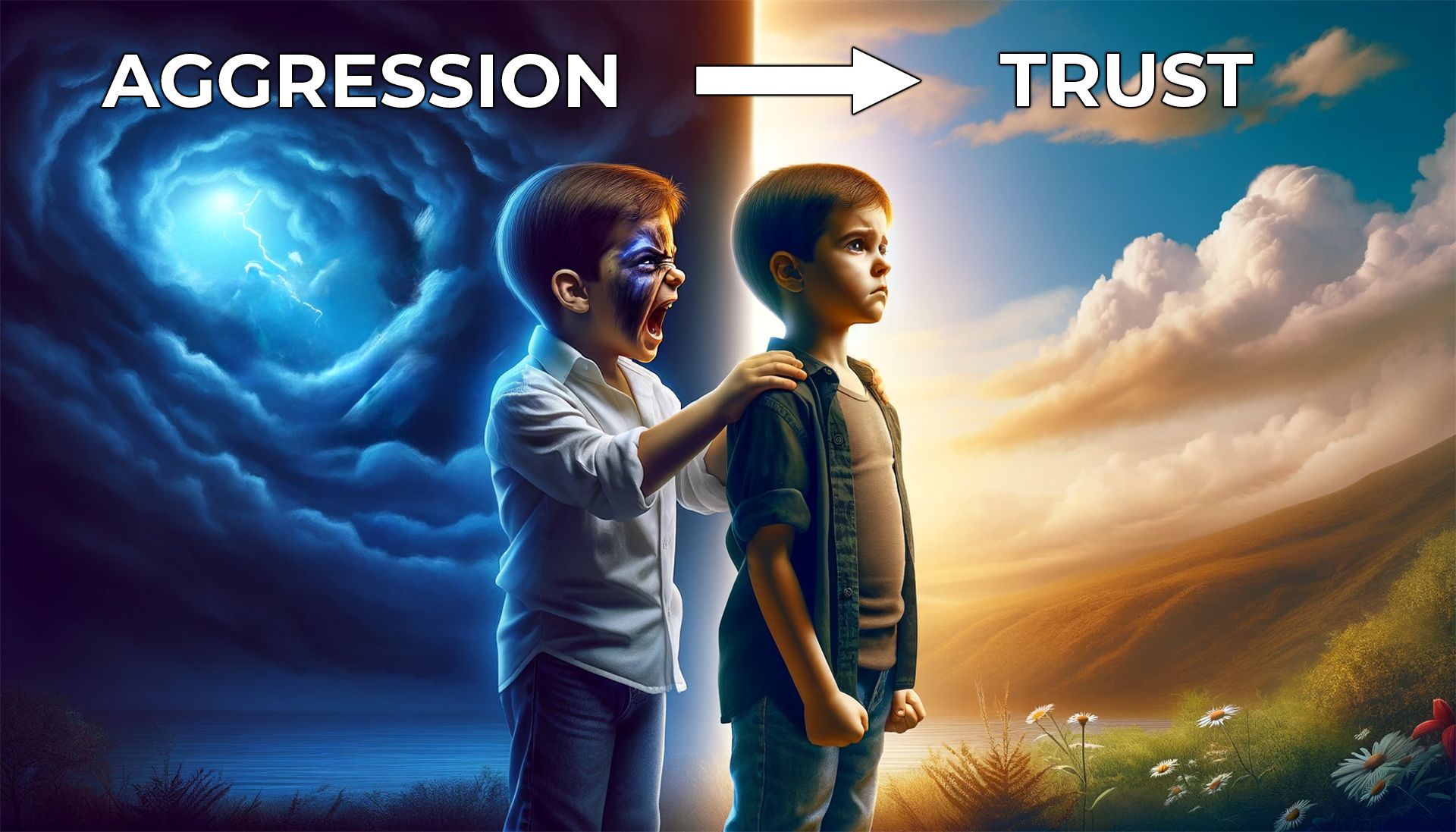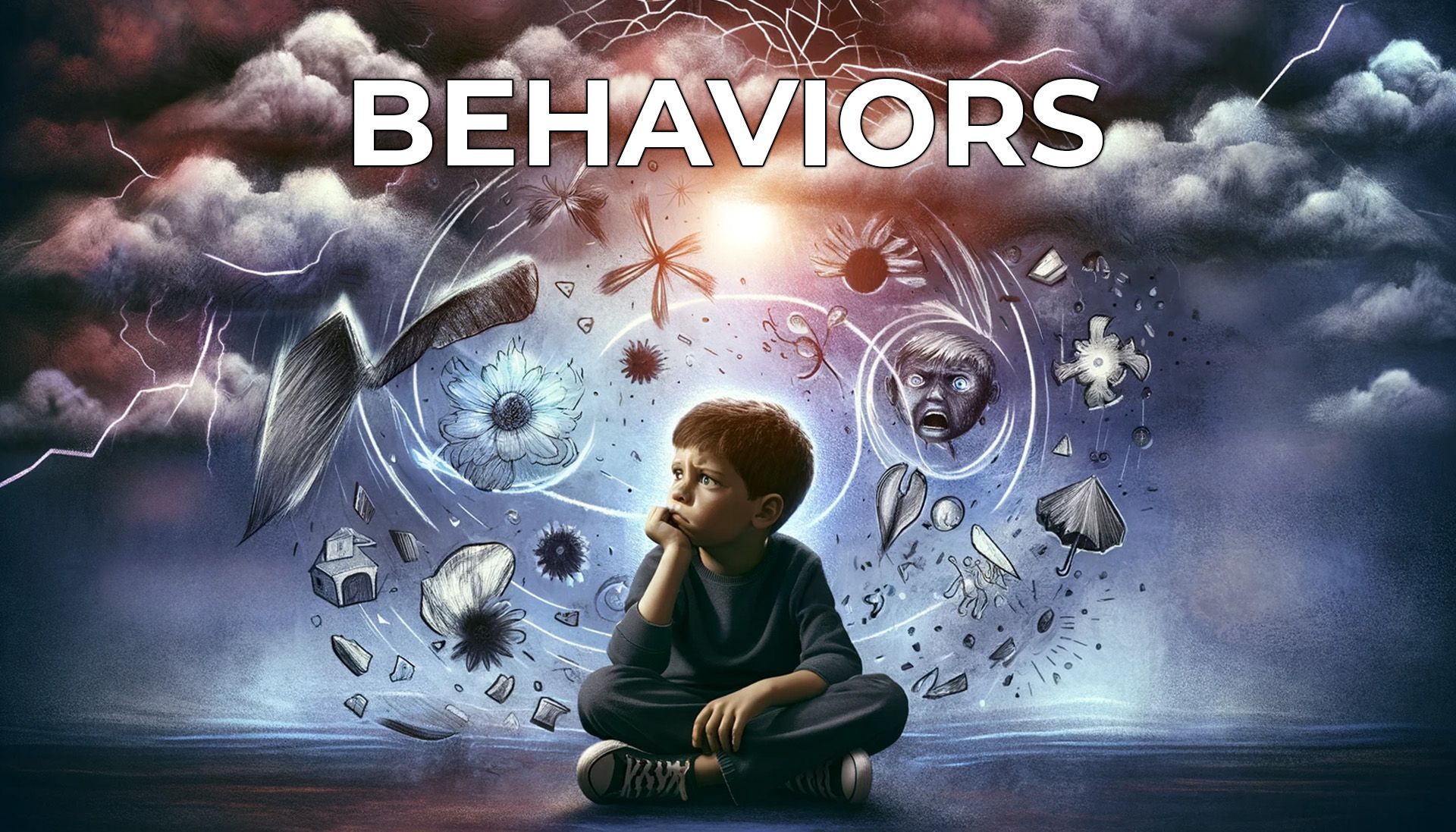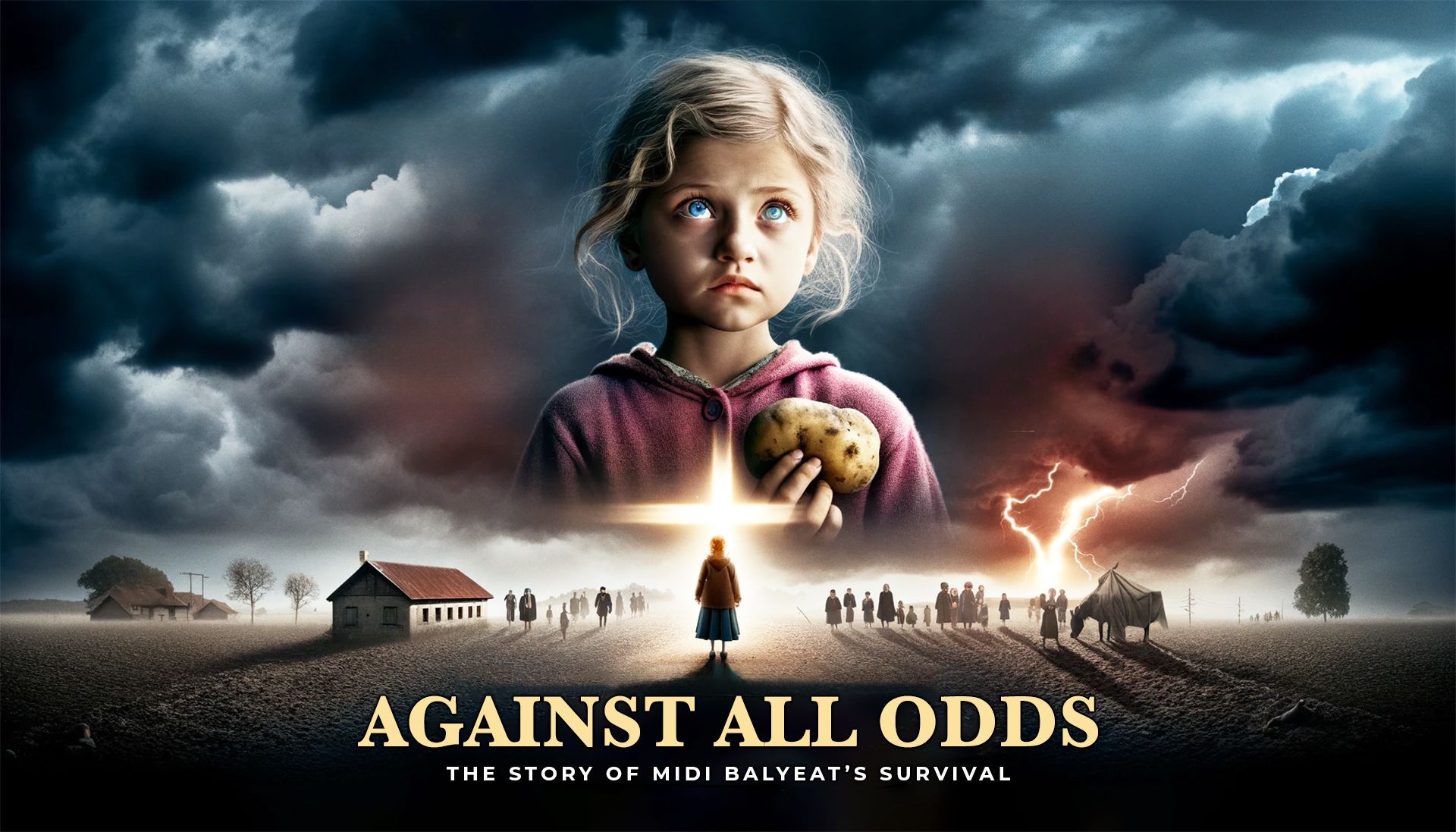Get in touch
555-555-5555
mymail@mailservice.com
Foster parenting is much more than merely providing a home; it's a transformative journey, intricately woven with complexities and profound moments of joy. The road is seldom smooth, but understanding the challenges and rewards is crucial for those considering this noble journey.
Understanding the Internal Struggles
At the heart of foster care is the belief that the love, discipline, and environment one offers should suffice for any child. After all, if they've done well with their biological children, shouldn't a foster child, seeking love and care, flourish too? However, this isn't always the case. The reality is nuanced and often challenging.
When children with different backgrounds and traumas are introduced into a new environment, their reaction might not always be predictable. This unpredictability can lead to introspection and doubt for the foster parents. Questions like "Is it something I did?", "Why aren't they responding to me?" or "What's lacking in the environment I provide?" can cloud a foster parent's mind, potentially affecting their self-identity and confidence as caregivers.
The Challenge of Merging Cultures
Every child carries a universe within them—memories of past celebrations, the lullabies they were sung to, and the customs they hold dear. This cultural baggage, often different from the foster family's traditions, requires sensitivity and adaptation.
For instance, something as simple as a holiday celebration can be a delicate balance between preserving the child's past and introducing them to the family's traditions. While it's a challenge, the process of blending cultures enriches the household, bringing in new traditions and perspectives.
Battling Stereotypes
One of the lesser-discussed challenges of foster care is the societal stereotype attached to it. The misconception that foster parents are motivated by financial gain can cast a shadow on their genuine efforts. This stereotype couldn't be farther from the truth. The financial assistance provided to foster parents is modest, meant to cover the child's basic necessities.
Furthermore, this stereotyping can also impact the foster child's experience in the broader community, particularly in educational settings. It's essential for foster parents to be equipped to handle such situations, advocating for the child while ensuring they aren't unduly spotlighted or stigmatized.
The Rewards: Trust and Transformation
Behind the challenges lies the silver lining—the immense rewards of fostering. Observing a previously withdrawn child slowly open up, building trust, and forming attachments is nothing short of magical. This transformation isn't just behavioral. A child's newfound trust can profoundly influence their cognitive development, learning abilities, and future relationships.
Moreover, for the foster parent, there's a deep sense of fulfillment in knowing they've played a role in nurturing a child's ability to trust and love again, shaping their worldview and healing past wounds.
The Beauty of Reunification
While the foster system is designed as a temporary refuge, one of its significant goals is reunification. Witnessing a family, once fragmented, coming together after overcoming adversities, is deeply heartening. It's a validation of the system's intent and the tireless efforts of foster parents.
However, reunification is not without its challenges. Handing back a child you've grown to love is emotionally taxing. Yet, knowing that the child is returning to a more stable, improved environment makes it a bittersweet experience.
Conclusion
The journey through foster care is a tapestry of highs and lows, challenges and rewards. For those brave enough to embark on it, the experience is transformative, reshaping not just the lives of the children they foster but also their own. Through dedication, understanding, and boundless love, foster parents create lasting positive impacts that ripple through generations.






